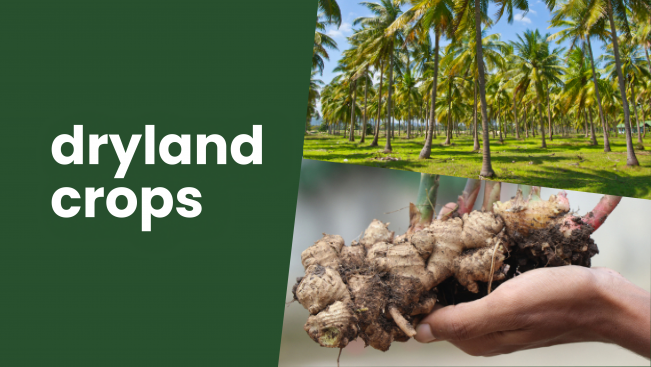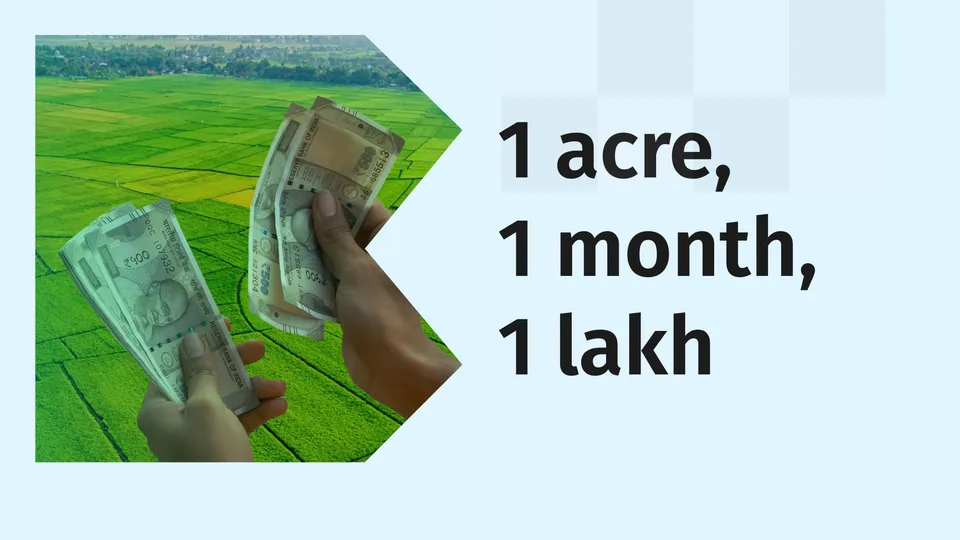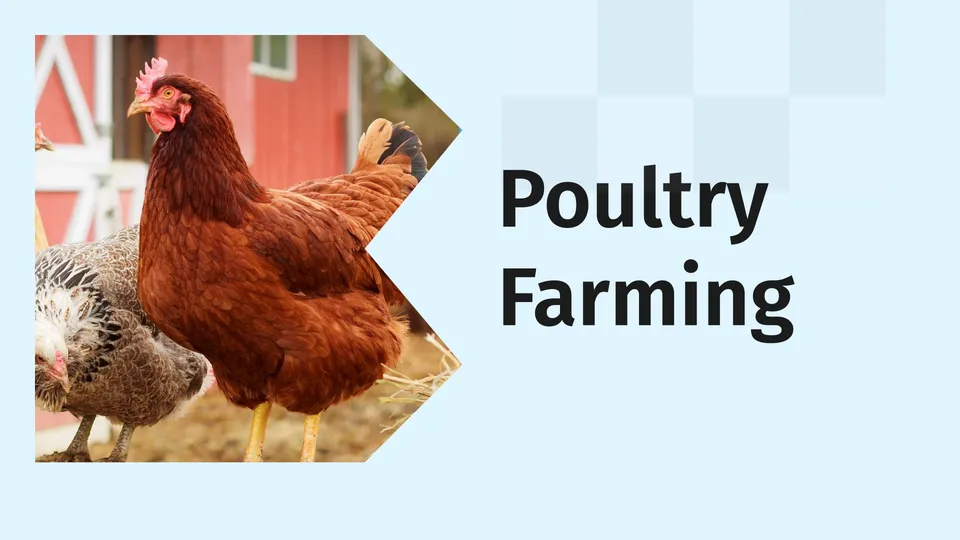Are you considering starting a farming business in a region with dry climates? Look no further than dryland farming! This method, also known as dryland agriculture or dryland cultivation, uses innovative techniques to grow crops in areas with minimal rainfall or limited access to irrigation. With its unique approach, dryland farming offers an exciting and viable option for those looking to make their mark in the agricultural industry.
The key to success in dryland farming is proper planning and management. Sreemoorthy, a mentor on the ffreedom app, teaches dryland farming training and emphasizes the importance of selecting crops that are well-suited for the local climate and soil conditions. This includes crops such as sorghum, millet, and wheat, which are better adapted to dry conditions.
Sreemoorthy also emphasizes the importance of soil conservation techniques, such as conservation tillage and cover cropping, which help to retain soil moisture and prevent soil erosion.
One of the main advantages of dryland farming is that it requires less water and can be more sustainable in areas with limited access to water resources. With proper planning and management, dryland farming can also be profitable, with potential revenue sources including the sale of crops, seeds, and livestock.
Starting a dryland farming business may require some initial investment in equipment and infrastructure, but with the right strategies and guidance from a mentor like Srimurthi, it can be a rewarding and lucrative endeavor.
- Farmers and agricultural professionals who are interested in learning how to cultivate crops and manage livestock
- Students or researchers who want to gain a deeper understanding of dryland farming techniques
- Landowners or investors who want to develop and manage profitable farming operations in dryland regions
- Entrepreneurs who are interested in starting agribusinesses that focus on dryland farming and associated value chains
- Government officials or policymakers who want to learn about sustainable agricultural development strategies


- The Principles and Practices of dryland farming
- The characteristics of different types of dryland ecosystems and the crops that can be grown in them
- Techniques for conserving water in dryland farming, such as rainwater harvesting and soil management
- Soil science, including the properties of different soil types and how to manage soil fertility in dryland farming
- The use of crop rotation and intercropping to improve yields and manage pests and diseases in dryland farming
Once you purchase a course, it is with you forever on the ffreedom app. You can learn and revisit the chapters any number of times.
You can view the course videos at your convenience by downloading the entire course content on your mobile. Learn at your pace and from anywhere.
Get certified on completing a course. Each course will earn you a certificate that will help you display your newly gained skills.



Get certified on completing a course. Each course will earn you a certificate that will help you display your newly gained skills.
Other courses on ffreedom app you might be interested in...




